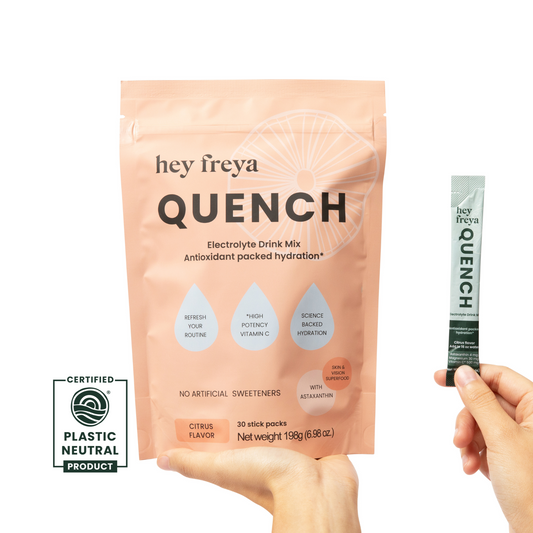Understanding your menstrual cycles will unlock knowledge about your body, mind, energy, motivation, and desires.
Your body has natural cycles that you can use to your advantage to plan everything from rest days to workouts to optimize your nutritional intake. Menstruation is about so much more than just conception and vaginal health. Menstruation, bleeding from the uterus in a regular cycle after ovulation, otherwise known as a period, is dictated by hormones. The hormones that influence your period influence much more than dropping an egg - in large part, they affect your brain, desires, and nutritional needs. The key ovulation hormones, estradiol, and progesterone, fluctuate in relatively predictable cycles (vs. folks who don’t have cycles, when the hormones fluctuate less predictably).
Your brain is busy and active when estradiol is high (usually in the time between bleeding and ovulating). It’s a time of high verbal communication and being a bit more daring - it could be as simple as signing up for a class that scares you, as private as propositioning a crush, or as complex and public as witnessing injustice and leading the change for it. To fuel the rise in activity, refined carbohydrate forms of energy - like bread, muffins, and pasta - become more appealing.
Ovulation is when estradiol peaks and tends to be when our sex drive is high, but it’s not just about sex. The drive to be brave and try new things rises too.
When progesterone is high, usually after ovulation until the day you begin to bleed, the brain and body are quieter, slower, and oriented toward comfort. It’s a time for feeling safe, and the body is looking to reduce fatigue in search of mineral- and protein-rich foods, like chocolate, cheese, oysters, and red meat.
There are dozens of variations of these, which you might notice for yourself based on your unique hormonal profile - but what’s important is to know that there are phases that your body is going through. These phases influence what you want to do, how you want to move, and what you want to eat. Learning these phases in yourself is the beginning of advocating for yourself. Instead of thinking that your cravings, desires, or energy levels are “wrong,” perhaps we’ve been cultured into thinking that every day is supposed to be exactly the same.
Once you know your phases, you can also tell when your symptoms are out of sync.
Sources:
Estrogen, Wellbeing and Menstruation
Cognitive changes across the menstrual cycle
Estrogen & stress response across the menstrual cycle
Progesterone, estrogen & emotions
Sex hormone & functional brain connections
Rhythmic brain reorganization across menstrual cycle





